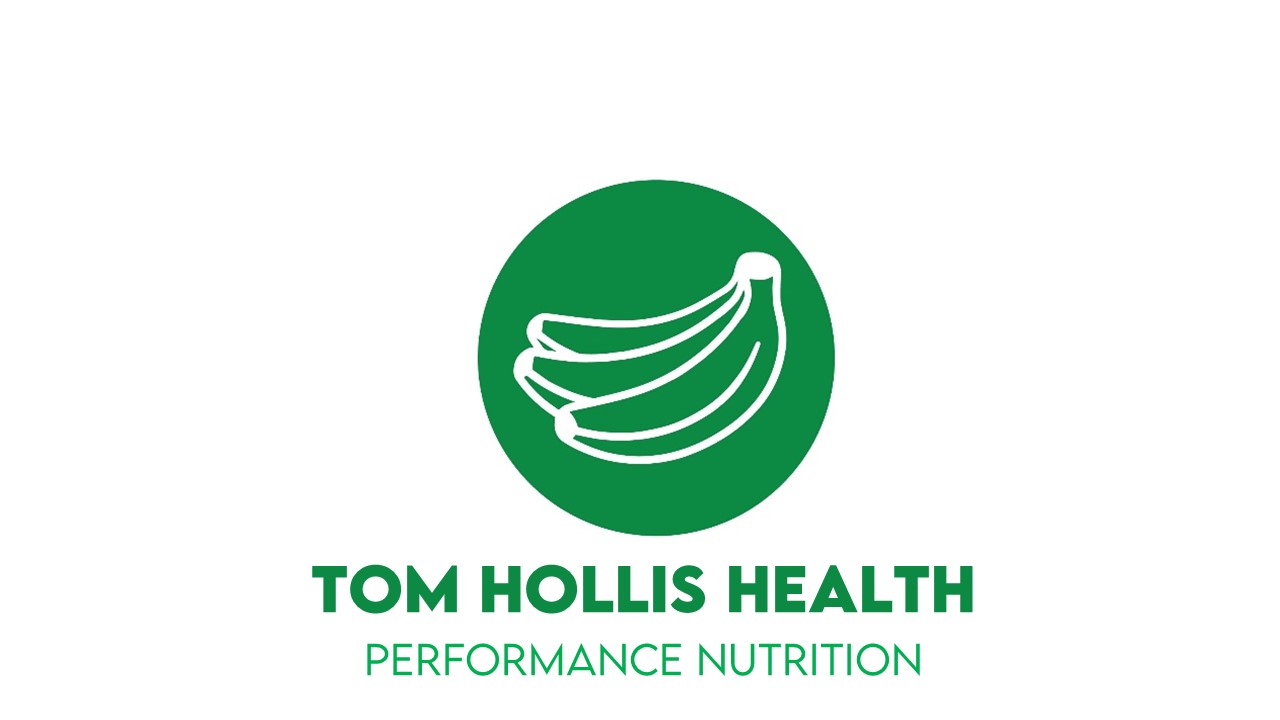Veganuary is back, and more popular than ever, with over 500,000 people signing up in 2021. Inevitably this also means more backlash than ever from the closed-minded meat-chompers who feel threatened by plant-based diets, but I find it’s best not to rise to the red-faced haters!
If this pandemic has taught us one thing, it is hopefully that we should never take our environment, wildlife, or health for granted. OK, so those are three things really, but nevertheless, they are also the three main reasons that people choose to go plant-based. And unlike Dry January, which, although important, only serves a purpose if it achieves a long-term change in behaviour and an improved relationship with alcohol, the benefits from Veganuary are instant. So even if you do only stick with it for a month, every single meal you eat that does not contain meat or dairy has almost certainly helped the environment and the fight against climate change.
If you’ve read my blogs before, you’ll know that I’m not militant about levels of restriction. In my opinion, every step in the direction of plant-based eating should be encouraged. But, if you are committing to being fully vegan, in January or beyond, you have my absolute respect and admiration.
However, there so many common pitfalls or myths about plant-based approaches that I see among clients, friends and family (and on social media…) and perhaps chief among them is that it is automatically a healthy approach. This is most certainly not the case. Whatever your definition of healthy might be, plant-based diets can very easily be lacking in multiple essential nutrients unless due care is taken. But nothing worth having ever comes easy, and personally, I find it incredibly satisfying working with plant-based clients to overcome these deficiencies. Since veganism is usually driven by strong ethics, hopefully this doesn’t put people off.
I could write a blog about each and every at-risk nutrient (and probably will do at some point), but I thought I’d just use today’s blog to re-introduce the topic, and also mention a few other useful articles that I’ve come across in the past few days.
Firstly, this piece for My Nutriweb on how to be ‘vegan savvy’ is a useful starting point. It discusses the rise in popularity, as well as this idea of a false ‘health halo’ around poorly-balanced vegan diets. It also mentions a few of the at-risk nutrients requiring specific attention, and introduces Azmina Govindji’s concept of ‘nutrient bridges’ as a means to make a vegan diet more ‘savvy’.
Then moving briefly onto sports (sorry, couldn’t resist), I loved this very practical and applied case study of a Gaelic footballer pursuing a vegan diet for ethical reasons. The paper recognises the increased interest in plant-based diets in sport, for health and potentially also performance, but also acknowledges the serious planning this requires, especially at this elite level. Indeed, this athlete’s calcium, iodine, vitamin D and B12 levels were all around his lower limits without supplementation, but there was no compromise in terms of his elite level of body composition or performance. And interestingly, his ethical dedication to veganism seemed to rub off on his teammates. A useful lesson in the power of positive role modelling.
And last but not least is this observational study of the diets of vegan runners. 30 recreational runners – all members of the Vegan Runners Club – had the adequacy of their diets assessed through comparison against recommended levels. The key finding was significant energy deficiency; 80% of athletes had energy intakes insufficient to meet their metabolic needs, and this is certainly something that rings true in many of my clients, due to the naturally high fibre and often low calorie nature of a vegan diet. Besides the impact on health (which is too big a topic to discuss here), this energy deficiency will reduce athletic performance and muscular adaptation from training.
The vegan athletes’ diets were also deficient in protein, vitamin D and selenium, although perhaps surprisingly, adequate for iron, zinc, B12 and calcium – thanks in part to supplementation.
If you were planning to start your plant-based journey in 2021, I sincerely hope that the latest lockdown hasn’t dampened your enthusiasm for doing so. It is one of, if not the most powerful thing you can do as an individual to help the planet. But I also hope that you do it sensibly and with great care and attention. I love working with plant-based clients (whether sporting or otherwise), so please get in touch if you’d like a helping hand!




